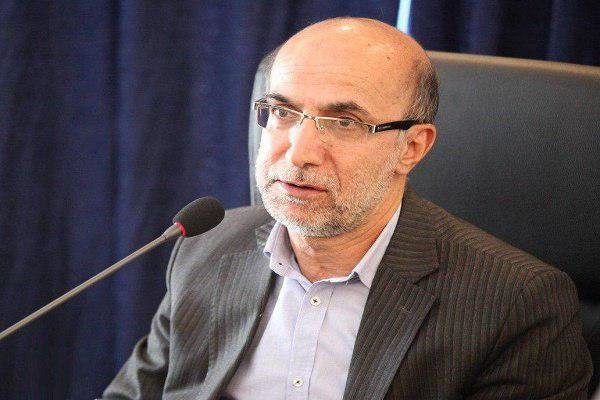‘Rational drug use committees’ planned in hospitals

TEHRAN — In an attempt to regulate drug use, Iran’s Food and Drug Administration is planning on establishing ‘rational drug use committees’ in hospitals, ISNA reported on Saturday.
According to the World Health Organization (WHO) the rational use of drugs requires that patients receive medications appropriate to their clinical needs, in doses that meet their own individual requirements for an adequate period of time, and at the lowest cost to them and their community.
Drugs are “double-edged swords”, it means that both medication shortages and overuse of drugs can cause severe side effects in patients, Iran’s FDA director Gholamreza Asghari said.
Despite the fact that rational drug use is very crucial media is not paying enough attention to it, Asghari said, adding, too much drug can act as poison and rational use of it would help us to keep healthier.
Worldwide more than 50% of all medicines are prescribed, dispensed, or sold inappropriately, while 50% of patients fail to take them correctly, WHO wrote on its website.
Lack of access to medicines and inappropriate doses result in serious morbidity and mortality, particularly for childhood infections and chronic diseases, such as hypertension, diabetes, epilepsy and mental disorders. Inappropriate use and over-use of medicines waste resources - often out-of-pocket payments by patients - and result in significant patient harm in terms of poor patient outcomes and adverse drug reactions.
Furthermore, over-use of antimicrobials is leading to increased antimicrobial resistance and non-sterile injections to the transmission of hepatitis, HIV/AIDS and other blood-borne diseases. Finally, irrational over-use of medicines can stimulate inappropriate patient demand, and lead to reduced access and attendance rates due to medicine stock-outs and loss of patient confidence in the health system.
MQ/MG
Leave a Comment